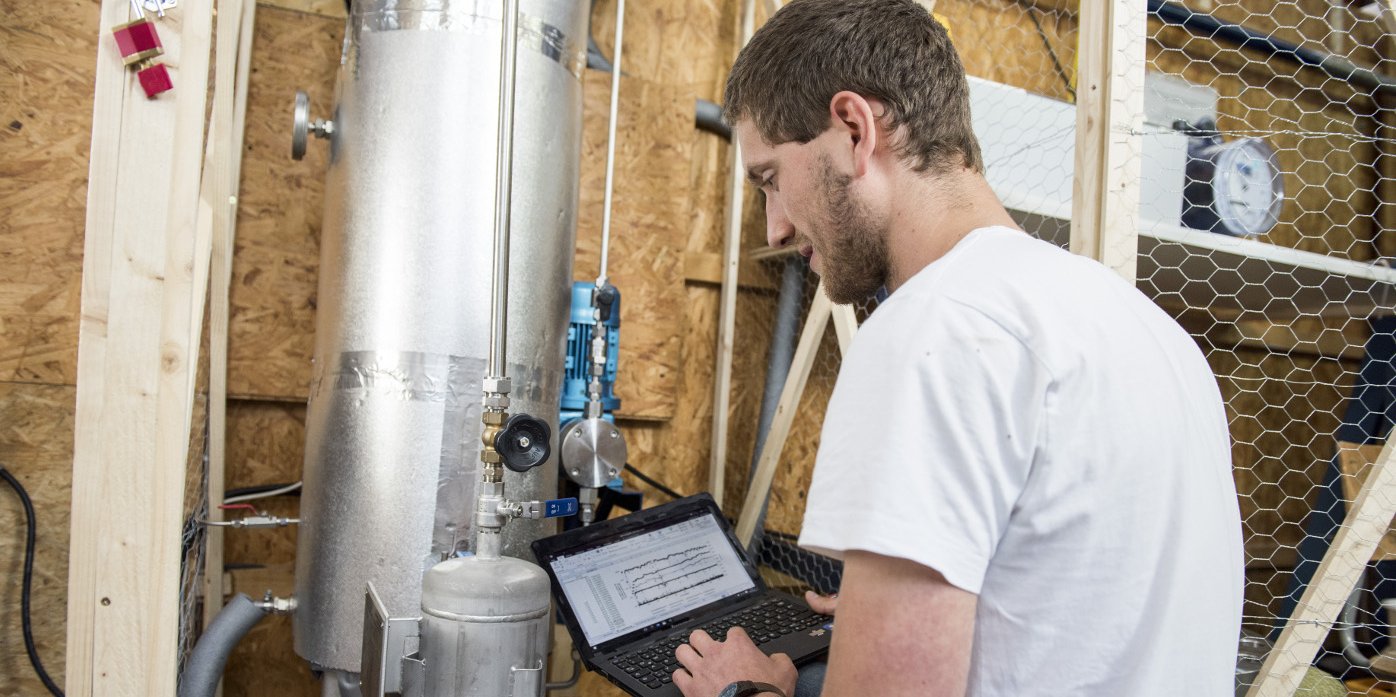
Description
Growing needs due to a growing population, high energy and resource consumption, climate change and disturbance of ecosystems - these are only a few of the problems that humanity will have to solve in the coming decades. The solutions should be sustainable: they must work beyond our time horizon, must not transfer any burdens to our children and grandchildren, and should protect and preserve our world. In the Bachelor of Environmental Engineering, students learn how to deal with precisely these challenges.
Environmental Engineering in Cottbus has been setting a good example in linking all sciences for 20 years now. Students in the Bachelor's programme in Environmental Engineering expect an interdisciplinary, integrative and open education. The approach taught is the preservation and development of human living and production spaces. Taking into account the principles given by the environmental and natural sciences, students learn to apply the methods and means of engineering science in the field of tension between environment and man as sustainably as possible.
The structure of the Bachelor of Environmental Engineering is divided into the teaching of engineering basics in the first three semesters, the consolidation on the basis of focus modules such as water supply and sewage disposal, soil protection and recultivation or renewable energies in semesters 4-6, and the Bachelor's thesis in the sixth semester.

Meine Aufgaben umfassen die Emissionsmessung an genehmigungsbedürftigen Anlagen z.B. Kraftwerke, Müllverbrennungsanlagen, Großfeuerungsanlagen, etc. und die Messung von Gefahrstoffen, wie Stäube, Metalle, Chemikalien, Aerosole, etc. an Arbeitsplätze. Damit arbeite ich eng mit Kunden und Behörden zusammen. Mein Traumberuf!
Professional Fields of Activity
- Development and implementation of environmentally-friendly and sustainable technologies
- Integrated planning and project management for avoidance/mitigation of environmental impacts
- Design of processes and products to reduce raw material/energy consumption
- Material recovery from waste
- Development of environmentally compatible energies
- Conservation of biodiversity and ecosystems
Further postgraduate opportunities
| Environmental Engineering | M.Sc. | |
| Biotechnology | M.Sc. |

